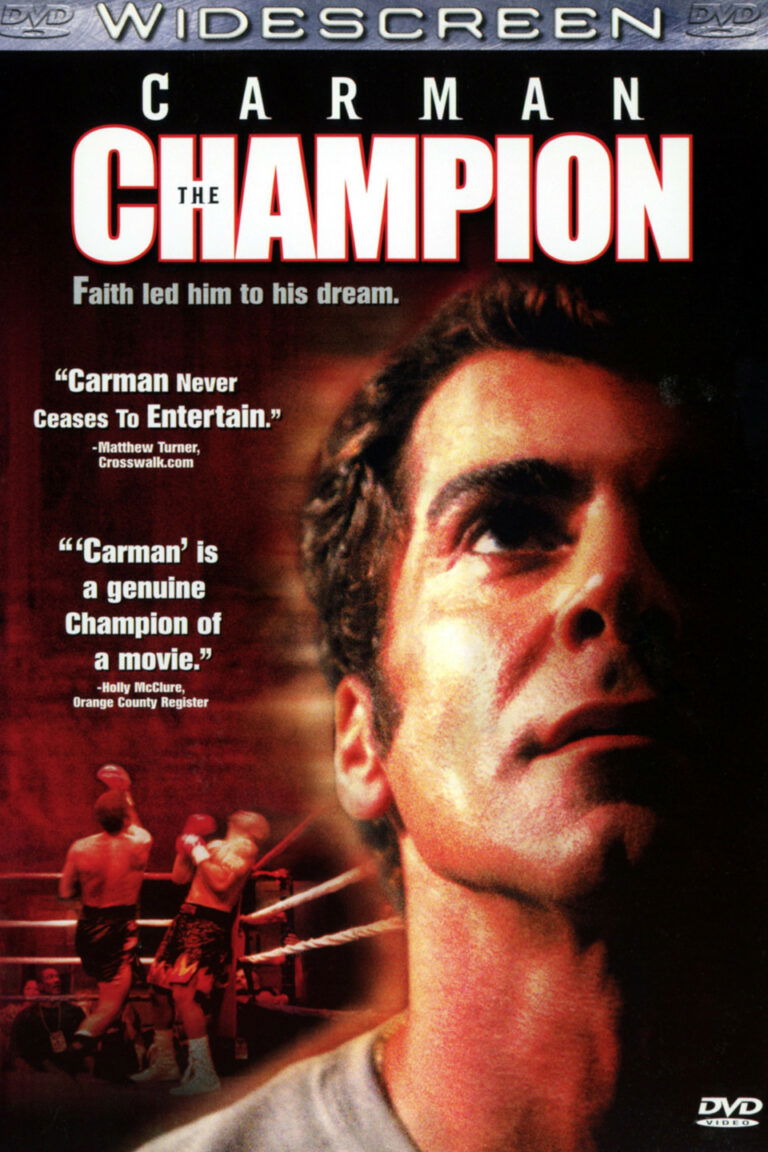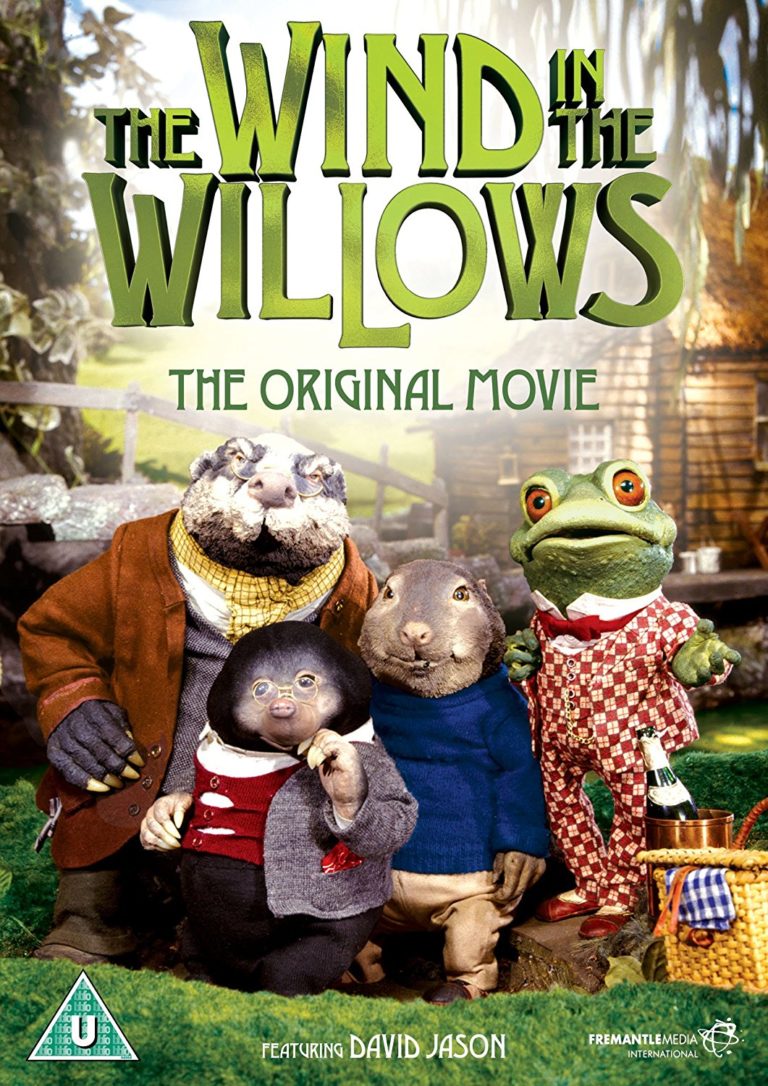“The Genteel vs. The Common”

| None | Light | Moderate | Heavy | |
|---|---|---|---|---|
| Language | ||||
| Violence | ||||
| Sex | ||||
| Nudity |
What You Need To Know:
This wonderful fantasy makes many moral points about cooperation, responsibility, courage, and civility. It portrays the weasels as greedy, cruel developers. It portrays Toad as a foolish heir who must come to grips with his responsibilities. In the movie, the sun talks, clocks talk and fantasy reigns. Regrettably, however, Toad is never reprimanded for escaping from jail and stealing a train so he can get back to save Toad Hall. Although Columbia Pictures opened this movie wide in the Los Angeles area, it seems like they are not doing much to promote the movie, suggesting that the theatrical release is merely an obligatory prelude to a video release. This is regrettable because with the right publicity, this could entertain children throughout the country who need good, fun moral entertainment
Content:
(Ro, C, B, V, A, D, M) Romantic anti-modernity & pro-civility worldview with repentance, contrition & forgiveness; no foul language; some slapstick violence, some threats of violence & some dark scenes which may be frightening to little children; some debauchery in banquet scene; and, miscellaneous immorality including escape from jail disguised as a woman, theft of car & train & some lying.
More Detail:
The movie opens on Mole’s tidy, little, underground, Victorian home being destroyed by earth moving equipment run by the weasels (who are modeled after Adolf Hitler’s famous Brown Shirts who propelled him to power in Germany in the early 1930s). Mole barely escapes with his life and heads off to find Rat, who is dressed like a Cambridge Crew man and spends his time rowing on the river. Rat agrees to help Mole, and they head off to find Mr. Toad who owns the meadow where mole lived.
Toad is the ne’er-do-well heir of Toad Hall, the most beautiful manor on the river. He is caught up in every trend that comes along and is squandering his family fortune to indulge his whims. In fact, he has just bought the latest horse carriage with built-in sleeping accommodations. This conveyance appeals to him until he is driven off the road by a sputtering automobile.
When confronted with Mole’s sad tale, Toad explains to his friends that he has sold the meadow in order to buy more gadgets. In fact, he is prepared to sell Toad Hall to buy six motor cars.
Rat, Mole and Toad head off to seek help in Toad’s new car. On the way, Toad crashes in the wood and the three are separated. Mole is confronted by the weasels who tell him they intend to take over Toad Hall and the river, eventually outlawing everything except their new dog food factory, which will use the river animals as the raw material for the dog food.
Rat and Mole seek Badger’s help. Badger locks Toad up so he can’t squander any more of his inheritance. Toad escapes and steals a car. When he is caught and thrown in jail, the weasels seize Toad Hall, and Rat, Mole and Badger have to save the day.
WIND IN THE WILLOWS is a wonderful fantasy which makes many moral points about cooperation, responsibility, courage, civility, and virtue. The major theme of the story is the struggle between the noisy, common way of life and the quiet and genteel. The weasels, epitomize the former, while Badger, Mole, Rat, and Toad, represent the latter. The weasels are greedy, cruel developers. Toad is a foolish heir who must take responsibility for his actions. In the movie, the sun talks, clocks talk and fantasy reigns. Regrettably, however, Toad is never reprimanded for escaping from jail and stealing a train so he can get back to save Toad Hall.
A.A. Milne, the author of the WINNIE THE POOH stories, sums up the importance of this great classic:
“One does not argue about THE WIND IN THE WILLOWS. The young man gives it to the girl with whom he is in love, and, if she does not like it, asks her to return his letters. The older man tries it on his nephew and alters his will accordingly. The book is a test of character. We can’t criticize it, because it is criticizing us. But, I must give you one word of warning. When you sit down to it, don’t be so ridiculous as to suppose that you are sitting in judgment on my taste or on the art of Kenneth Grahame. You are merely sitting in judgment on yourself. You may be worthy: I don’t know, but it is you who are on trial.”
Although Columbia Pictures opened this movie wide in the Los Angeles area, the studio is not doing much to promote the movie, suggesting that the theatrical release is merely an obligatory prelude to a video release. This is regrettable because with the right publicity and release, this could entertain children who need good fun moral entertainment throughout the country.


 - Content:
- Content: 
